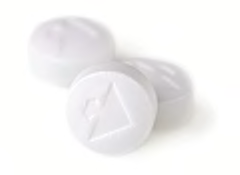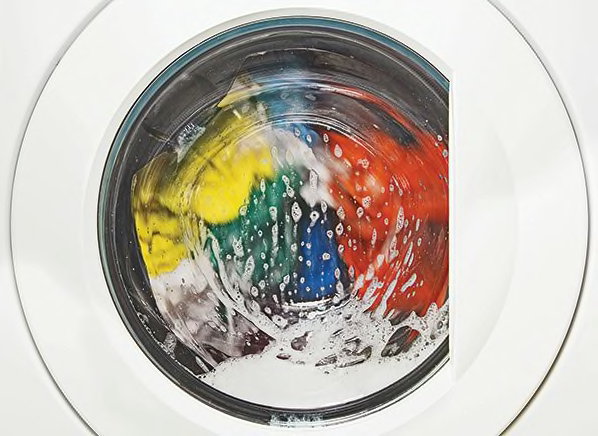Sign In

Menu
Suggested Searches
Recent Searches
Suggested Searches
Product Ratings
Resources
Chat With AskCR
Resources
All Products A-ZThe payment for your account couldn't be processed or you've canceled your account with us.
Re-activateMy account
Sign In
My account
Sign In


In this month's 5-minute Consult column John Santa, M.D., M.P.H., director of the Consumer Reports Health Ratings center, explains the benefits—and risks—of low-dose aspirin.
My toughest patient is the guy whose face I see when I look in the mirror. Even though I don't feel much different from when I was in my 20s, my reflection looks older. I wonder, like others, how I can stop—or slow—the aging process. Despite many "medical marvels," I know there is no Fountain of Youth.
I'm fortunate, since my biggest health problems are occasional hay fever and infrequent heartburn. I don't take any medicines regularly, and I'm able to run many miles and walk even farther. Life is good, and I want as much of it as possible.
I have a great doctor who makes sure I get the disease-screening tests I need. His most frequent advice to me is to lose weight. And when it comes to prevention, he explains the pros and cons of different measures and allows me to decide what's best. Recently my doctor reminded me about the evidence for taking a low-dose (81-mg) aspirin daily to help reduce my risk of heart attack. But treating a risk differs from treating a disease: When it comes to prevention, patients need to be motivated or it will never work.
Many credible medical studies show that a small daily dose of aspirin reduces the chance of heart attack in men over age 45 who are at increased risk of a heart attack. For women, a daily aspirin regimen can cut stroke risk but should not be considered until age 55. The aspirin, it is believed, neutralizes the cells (platelets) that can form blood clots and ultimately cause heart attacks. But aspirin can also cause gastrointestinal bleeding, which has led experts to advise that people should weigh the benefits of aspirin against the risks. Some experts don't think there is much, if any, payoff.
My risk estimate (determined using the calculator noted in Jump-start your heart) suggests that there is a 15-in-100 chance that I could have a heart attack over the next 10 years—mostly because I have gained weight. With a daily dose of aspirin, the chances of a heart attack drop to 11 in 100, which is about the same as it would be if I took a statin for my borderline-high cholesterol. Since I am susceptible to intermittent heartburn, my risk of stomach bleeding from the aspirin might be higher than normal. If I had not gained weight, my risk would not deserve an aspirin a day. But I know my doctor feels it's time to do something. That means the aspirin might be worth a shot.
I totally agree with his advice and have agreed for almost 15 years. I have even purchased aspirin and taken it, but I can't seem to remember to take it more than a few days in a row. Even my brother-in-law's heart attack and death last year didn't make me stick to the plan. My problem is that I hate to think I am taking something every day for a "risk."
A key to remembering to take medicine is making it a habit. Taking medicines at the same time every day and associating it with doing something you like are supposed to help. Positive associations can serve as great reminders.
Recently I walked past a drugstore and stopped in to buy some low-dose aspirin to jump-start my regimen—again. After a couple of weeks, I'm not batting better than .500. The aspirin doesn't bother me, but I'm not much for change. I realize that it might be simpler for me to lose, say, 20 pounds, which in the long run would be better for my risk. And I'm on my way: For the first time, I've embarked on a real diet that keeps me away from nightly desserts and second helpings. I'm exercising more than I have been in the past two years. And I've already lost 10 of those troublesome 20 pounds.

 WASHING MACHINE REVIEWS
WASHING MACHINE REVIEWS GENERATOR REVIEWS
GENERATOR REVIEWS
 Build & Buy Car Buying Service
Build & Buy Car Buying Service
Save thousands off MSRP with upfront dealer pricing information and a transparent car buying experience.
 Get Ratings on the go and compare
Get Ratings on the go and compare
while you shop

